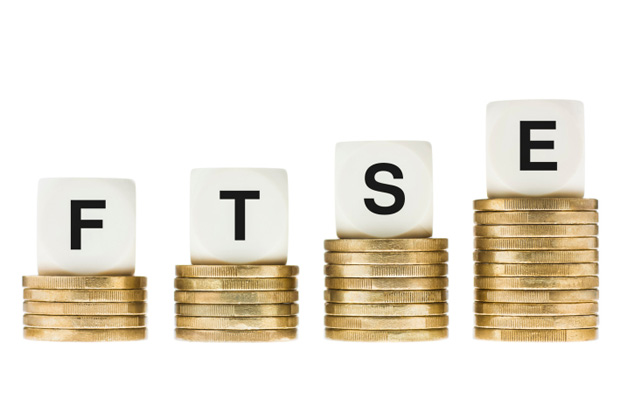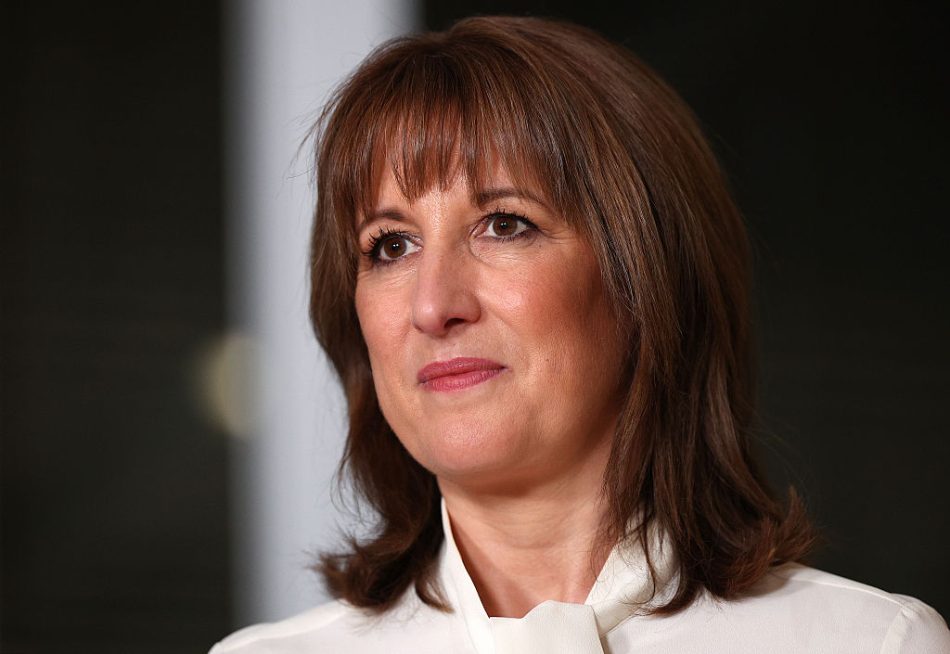The FTSE100 index has at last breached 7,000, surpassing its peak of 30 December 1999 and provoking moderate celebration among investors who have enjoyed such poor returns all these years. A thousand pounds invested in FTSE100 stocks on Millennium Eve, with dividends reinvested, was worth £1,670 by last month, an annual return of 3.4 per cent compared to inflation over the period of around 2.9 per cent. The same sum invested in a London house would have been worth £3,200, nearly twice the return on shares if we ignore running costs and the leverage effect of mortgage borrowing; invested on the rollercoaster of gold bullion, it would have been worth £4,500. And of course one of the best ways to get richer over the past 15 years would have been not to worry about what to buy, but to blag your way into a top job at a FTSE100 company: the average chief executive’s annual pay has risen since 1999 from £1.2 to £4.7 million.
Let’s agree that the rising stock market is good news of a sort — even if what it reflects has little to do with investor confidence that the UK economy will go on strong beyond the general election, whoever wins, and more to do with expectations that interest rates are not going to rise for a while yet. The downside of punting on the continuation of cheap money is of course that we must expect all hell to break loose, in both share and bond markets, when rates finally notch upwards again. And the message of my simplified survey of comparative returns over the past 15 years is also a worrying one for capitalism more broadly: that investors are perpetually pouring money into unproductive assets, and too often gulled into over-rewarding unproductive managers.
Spanish challenger
No sooner had I lamented a lack of action on the ‘challenger banking’ front (14 March) when along comes a Spanish challenger with a £1.7 billion agreed bid for TSB, the recent spin-out from Lloyds. The rapidly welcomed raider is Banco Sabadell, a name that means little over here but turns out to be Spain’s fifth largest lender, with its headquarters in the Catalan city of Sabadell near Barcelona, with a population comparable to Portsmouth. Founded in 1881 principally to finance the local textile industry, the bank seems to have kept its head well down until 2007, when it embarked on a series of acquisitions that multiplied its branch network and doubled its balance sheet — including the Spanish interests of Lloyds (having earlier bought NatWest Spain) and a regional savings institution, Caja de Ahorros del Mediterráneo, which collapsed after the bursting of the Spanish coastal real estate bubble and was picked up by Sabadell in 2011 for €1.
Sabadell chairman Josep Oliu Creus has pledged to support the small and medium-sized firms that are an important part of TSB’s customer base, particularly in their export finance needs; he says he’s keen to acquire more British banking assets, and has no intention of slashing TSB’s branch network. Investors who bought TSB shares in last year’s flotation, or more recently, will reap a premium of around 30 per cent; employees who took up share entitlements will do even better. And a cross-border takeover on this scale is a real indication of confidence in the UK from abroad.
So far so good, then. Doubters who say the Spanish have little to teach us in banking or any other business having turned their own economy to quicksand, are confounded by Banco Santander, the Spanish market leader which recently reported a 32 per cent profit jump to almost €10 billion. Some also think Sabadell-TSB was concluded with undue haste — that Lloyds could have held out for more, but was probably urged by the Treasury to snap up the offer in order to close the TSB file and hasten the cash disposal of the remaining 23 per cent taxpayer stake in Lloyds.
Well maybe, but my own reservation about what otherwise looks a positive deal takes me back to my previous argument about challenger banks: that it would be healthier to see a thousand flowers bloom, or at least an independent dozen, rather than a rapid consolidation of new entrants under foreign ownership.
Uncle Harry
I was a frequent visitor to Singapore in the 1980s during the last phase of Lee Kuan Yew’s long tenure as prime minister, when the fruits of his economic miracle were plain to see. His suppression of anything resembling a free press and his all-encompassing social controls were still in full force (including ‘Toilet of Shame’, a campaign to embarrass non-flushers of public lavatories), but ‘Harry’ Lee himself was by then a national pater familias, whose towering reputation abroad brought reflected glory to the ‘Asian Tiger’ he had built out of a swampy trading post. I never met him, but in small-town Singapore his modest personal lifestyle made him seem almost a neighbourly figure: his easier-going brother Freddy was a half-commission man in the stockbroking firm where I was a visiting director.
I did, however, meet the cadre of mid-ranking state officials who modelled their authoritarian manner on Lee’s, and I always trod carefully with them. In that respect I fared better than the flamboyant Roddie Fleming, later chairman of Fleming Family & Partners but then seconded to the Hong Kong-based joint-venture investment bank Jardine Fleming. Sent to smooth some local difficulty with the regulators, Roddie met a cold reception. The legend that he showed what he thought in return by mooning at the Monetary Authority building from a passing taxi may be apocryphal, but his stay was short, and Jardine Fleming’s Singapore branch had to be mothballed for some time afterwards. The oddity was that although the regime was unbending towards foreign operators, it tolerated endemic stock-market shenanigans among local players: evidence of the pragmatism that was Lee’s brilliant formula for prosperity.








Comments